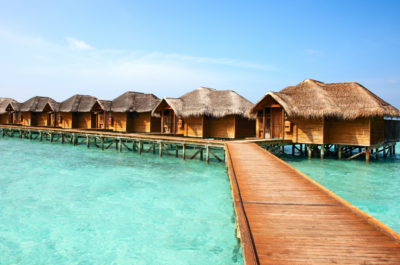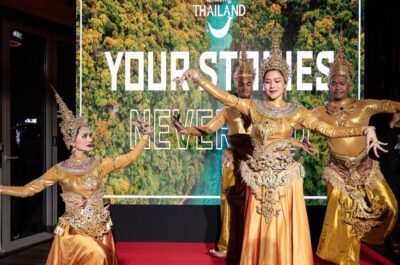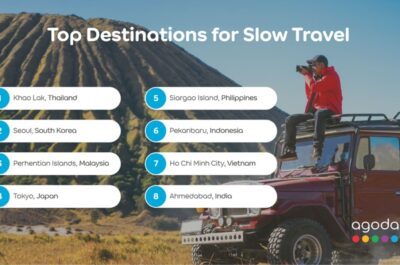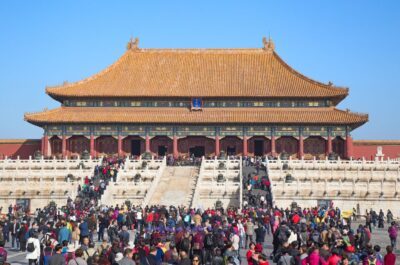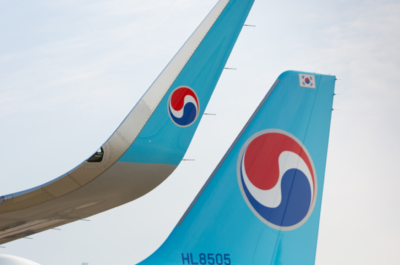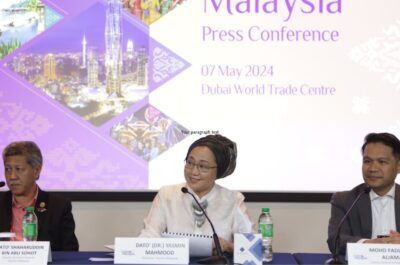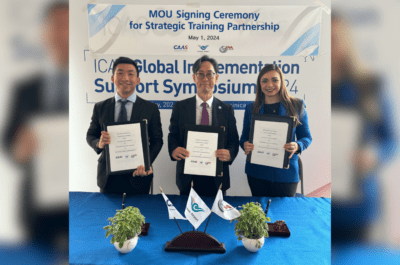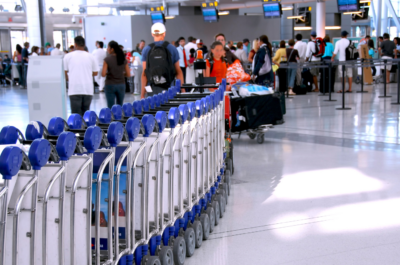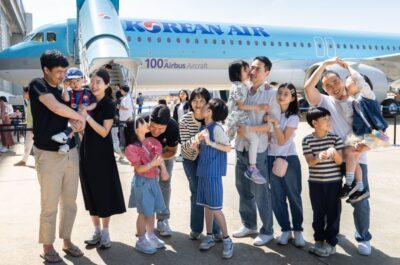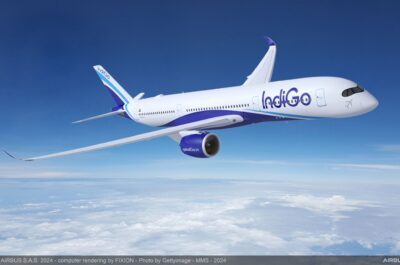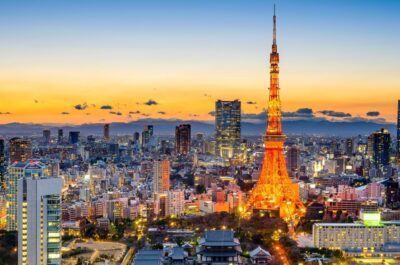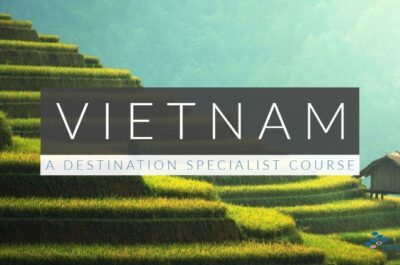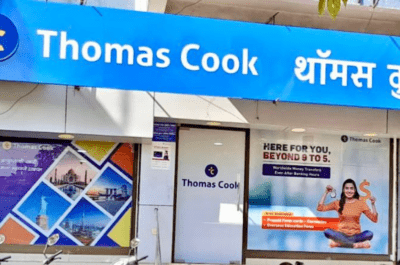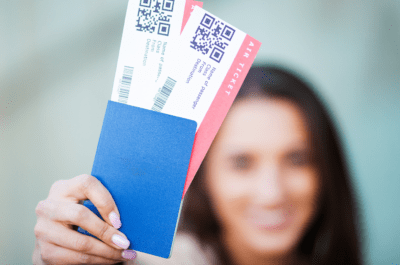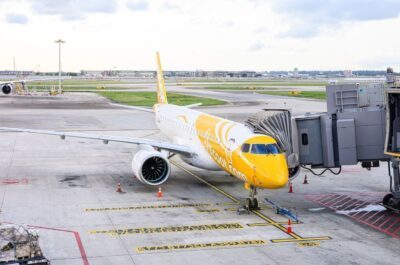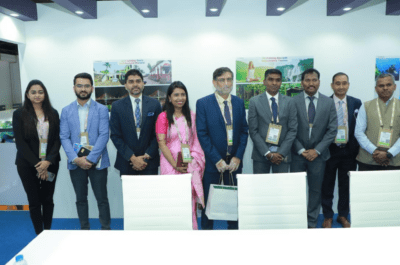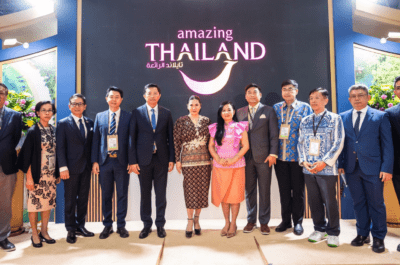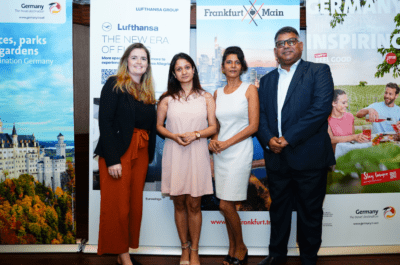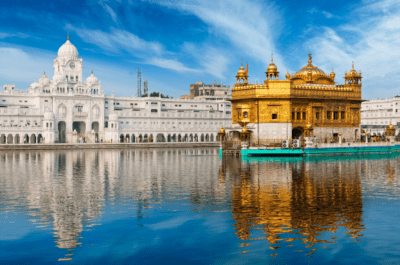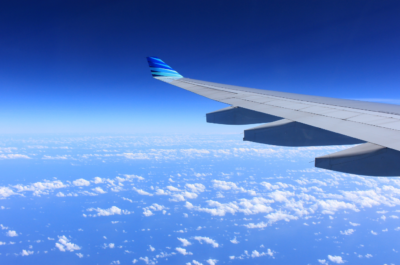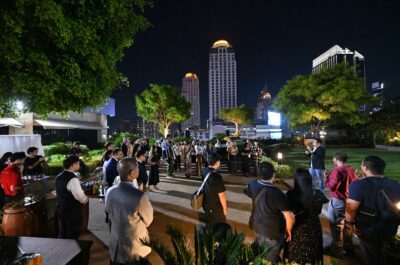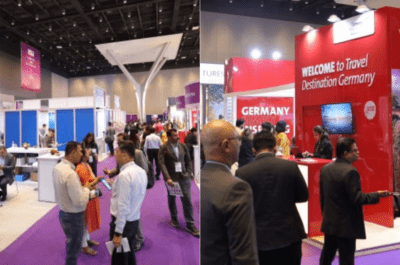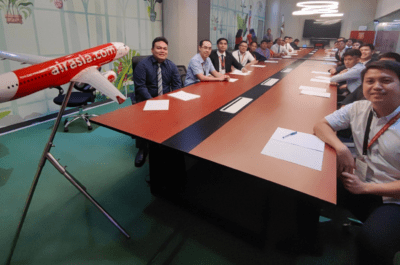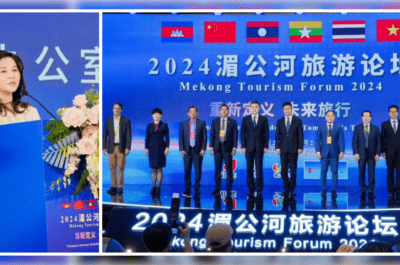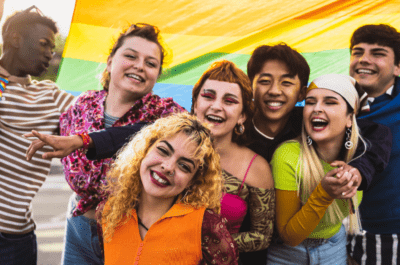A landmark report, Future Traveller Tribes 2020, has identified the major social, geopolitical, economic, consumer and technology trends that will determine who will be travelling in the future, which groups will…
A landmark report, Future Traveller Tribes 2020, has identified the major social, geopolitical, economic, consumer and technology trends that will determine who will be travelling in the future, which groups will potentially be most dominant and what their individual needs will be.
Cosmopolitan Commuters, Global Executives, Active Seniors and Global Clans are the four key groups expected to emerge in the next 10-15 years. The report, a joint study between Henley Centre HeadlightVision (HCHLV), a global futures consultancy and Amadeus, a leading provider of technology solutions to the travel industry, was developed following significant research and input from travel, airline and technology experts.
Future Traveller Tribes 2020 also reveals that technology must increasingly respond intuitively to people’s individual needs throughout their journey. This concept, that is referred to as the ‘humanisation of technology’, will be seen in key development areas such as trusted digital identities, integrated information systems, real-time/geo-relevant information and new communications technologies.
According to Frederic Spagnou, Vice President, Airline Business Group, Amadeus: “We are committed to remaining at the forefront of understanding what travellers need and demand, both now and into the future. This breakthrough report, which has identified four groups, each with distinct needs, should help all of us consider how we can most effectively deliver new services. The humanisation of technology idea will hopefully result in a more simplified, intuitive and personal journey for all.” He continued: “Whilst the future is never certain, we hope that Future Traveller Tribes 2020 stimulates discussion across the industry about the future of travel. One thing is for certain, the traveller must remain the focus of the sector if we are to see ongoing growth and profitability.”
The Four Traveller Tribes
Future Traveller Tribes 2020 analyses the impact of major international trends such as the globalisation of business, politics, migration and tourism. These trends are considered alongside major consumer trends such as the growth in environmentalism and affluence to a greater demand for personalisation and a search for health and wellbeing. It is against this background, along with extensive interviews with airline representatives, industry leaders and technology experts, that the four groups have been identified. These include:
- Global Executives: ‘elite’ business travellers that want a private jet type experience, predominantly from emerging economic markets such as Brazil, Russia, India and China, which will see significant growth in the next decade
- Active Seniors: the wealthy, healthy, older travellers, aged between 50 and 75, will travel for cultural and leisure pursuits, driven by a growing ageing population
- Cosmopolitan Commuters: those that live in one city but work in another and will use air travel to commute
- Global Clans: people that will increasingly use air travel to visit globally dispersed extended family members that will increase due to the explosion of global migration
“For the first time this report brings together major macro-trends, changes in consumer behaviour and technology developments to paint a realistic vision of what groups of traveller will emerge in the next 10-15 years. We hope it will have a significant impact on how travel services are delivered in the future. It is essential that travel providers start to think seriously about how the needs of the traveller will evolve and what can be done to secure customer loyalty,” according to Sian Davies, Chief Executive, Henley Centre HeadlightVision.
The role of technology in enhancing the customer experience
The humanisation of technology, which will reinforce ease of use and responsiveness, will be seen throughout the entire travel process from booking, through check-in, in-flight and at baggage collection. Potential technology developments that support the concept of humanisation include: in the near term, SIM card identification, personalised destination information, mobile travel updates, digital concierges; and, in the longer term, digital memories, 3-D glasses, RFID for both people and baggage and humanoid check-in kiosks.
Scenarios that have been explored in the report range from travellers having the ability to conduct virtual reality ‘walk throughs’ to familiarise themselves with the airport before they leave home, to the use of ‘sensing’ technologies to tell if customers are anxious at check-in.
Vicky is the co-founder of TravelDailyNews Media Network where she is the Editor-in Chief. She is also responsible for the daily operation and the financial policy. She holds a Bachelor's degree in Tourism Business Administration from the Technical University of Athens and a Master in Business Administration (MBA) from the University of Wales. She has many years of both academic and industrial experience within the travel industry. She has written/edited numerous articles in various tourism magazines.

